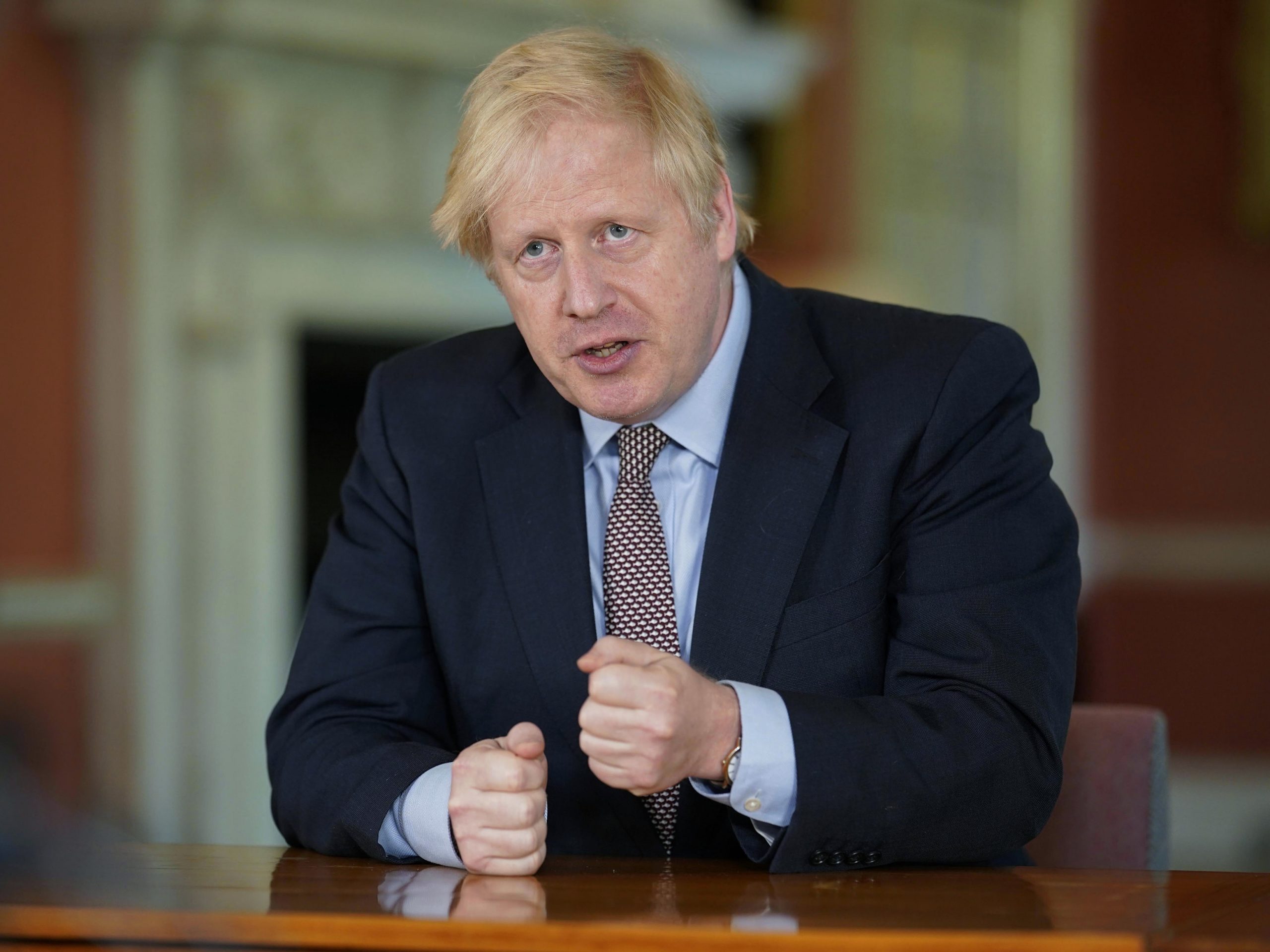British Prime Minister Boris Johnson is set to decide his country’s next moves on Friday in fraught negotiations for a post-Brexit trade deal following a spat over a statement from EU leaders.
Johnson is expected to indicate whether he plans to press on with negotiations on future relations or make good on a previous threat to walk away from talks and instead focus on preparing for a no-deal scenario, in spite the economic consequences.
An early morning statement from a close Johnson ally, Foreign Minister Dominic Raab, suggested the prime minister was unlikely to call time just yet.
Only two issues are obstructing a deal, Raab said: access to fisheries and so-called “level playing field” guarantees demanded by the EU on future British standards.
READ ALSO: Be Civil, Peaceful Activist Advises EndSARS Protesters
“We are close,’’ he said.
Eight months after Britain formally left the EU, progress towards a deal remains elusive.
With Britain due to exit a post-Brexit transition period at the end of the year, talks have been frustrated by disagreement on fisheries, assurances on environmental and social standards, and governance of potential disputes.
Both sides expressed disappointment in the results of talks in the last few days, but all signs pointed to the prolongation of negotiations past a Thursday deadline touted by London in September as the last realistic chance to clinch a deal.
However, a statement from EU leaders inked at a Brussels summit on Thursday evening that called on Britain to “make the necessary moves to make an agreement possible” drew the ire of London’s chief negotiator David Frost.
“Surprised by suggestion that to get an agreement all future moves must come from the UK. It’s an unusual approach to negotiations,” he wrote on Twitter hours later.
Johnson is to make a statement on Friday and has indicated that the threat to walk away still stands.
Brussels fears London will undercut it in business by loosening often-costly rules on environmental protection or labour rights – commonly known as “dumping.”
London refutes this, and insists it has not left the EU only to be bound by its regulatory regime.
The EU also wants a trade deal to be contingent on continued reciprocal fishing rights access, while Johnson wants British waters to be reserved chiefly for domestic exploitation.
On Jan. 1, the EU’s regulatory regime will cease to apply in Britain and a deal – if it is struck – would set out the new rules governing everything from customs checks and data-sharing to police cooperation.
A no-deal scenario would lead to serious economic disruption, affecting businesses and supply chains on both sides.

